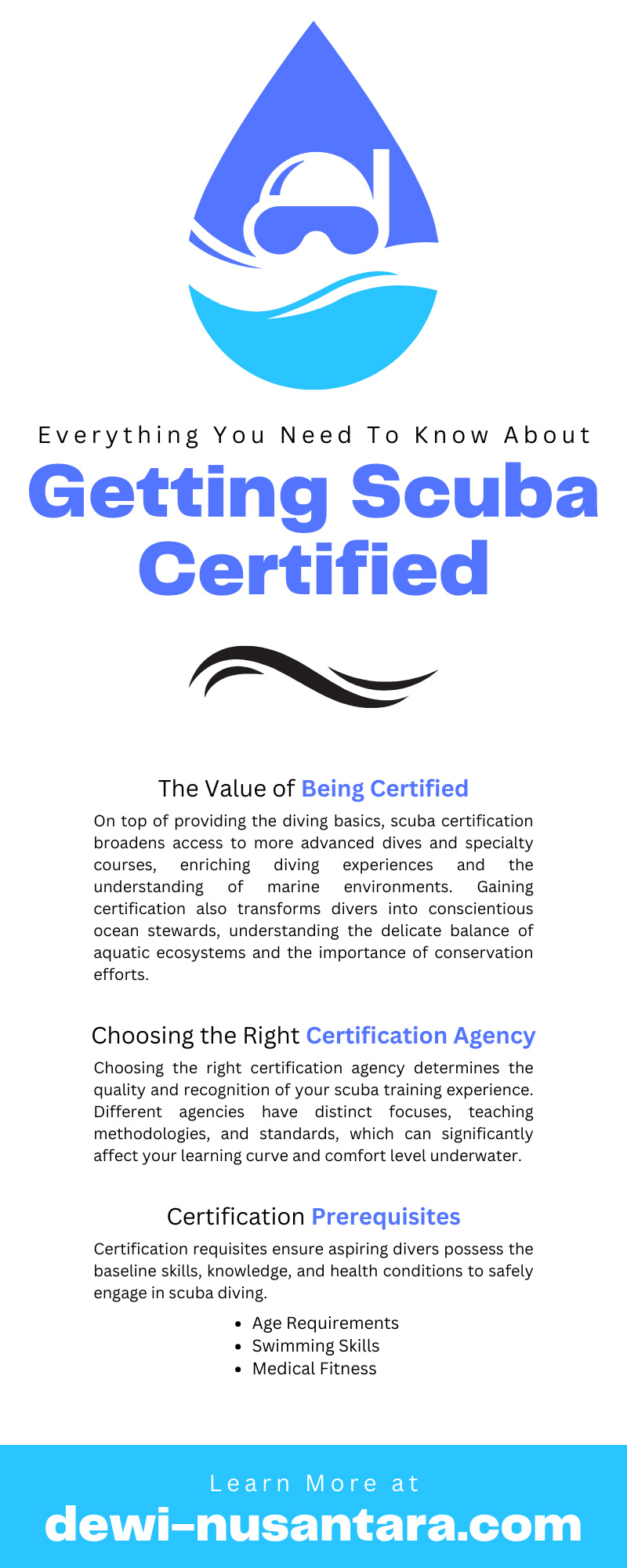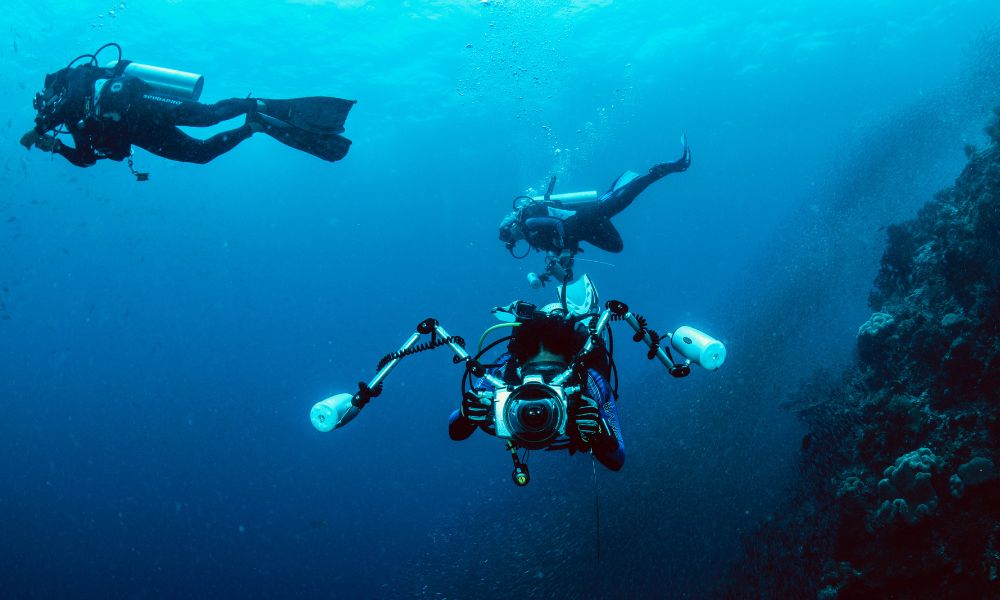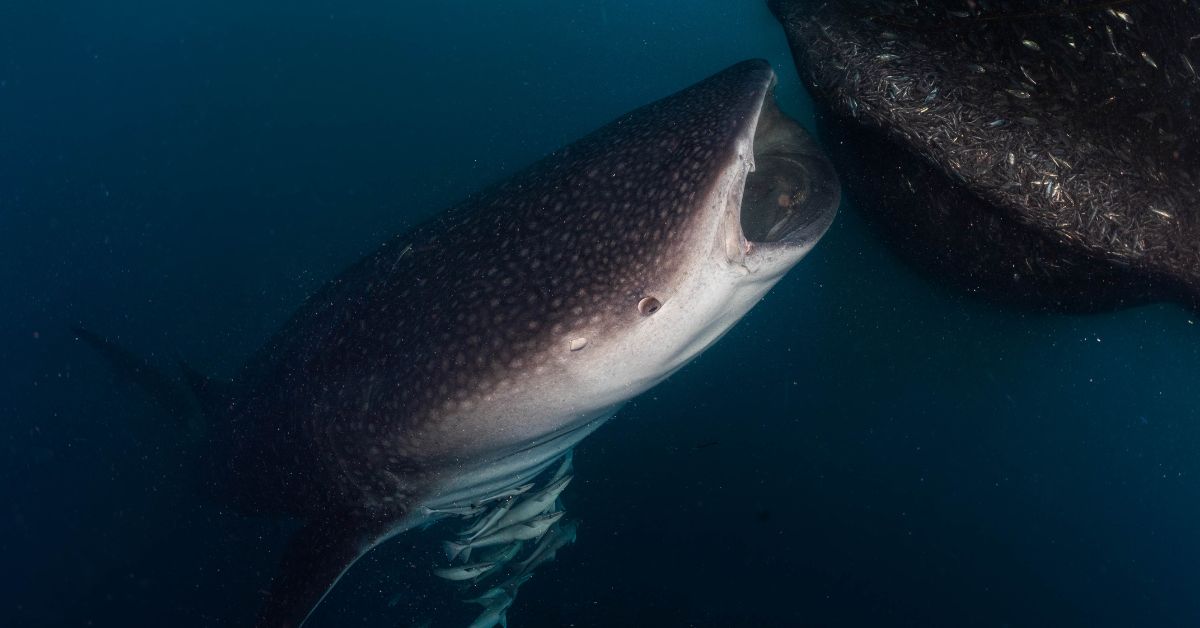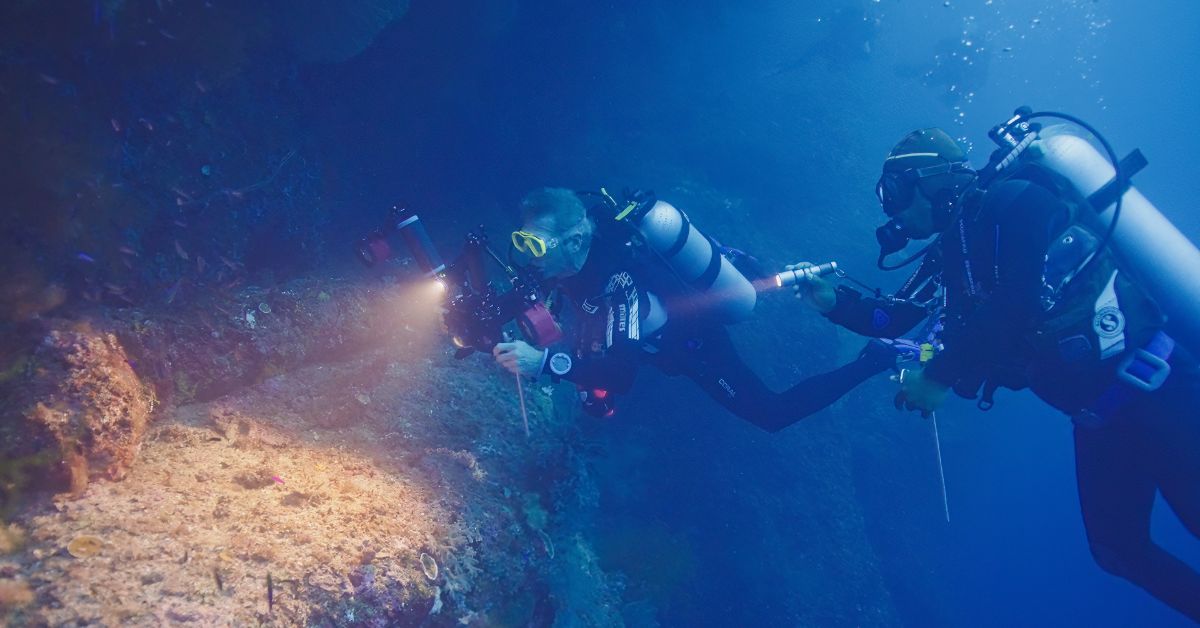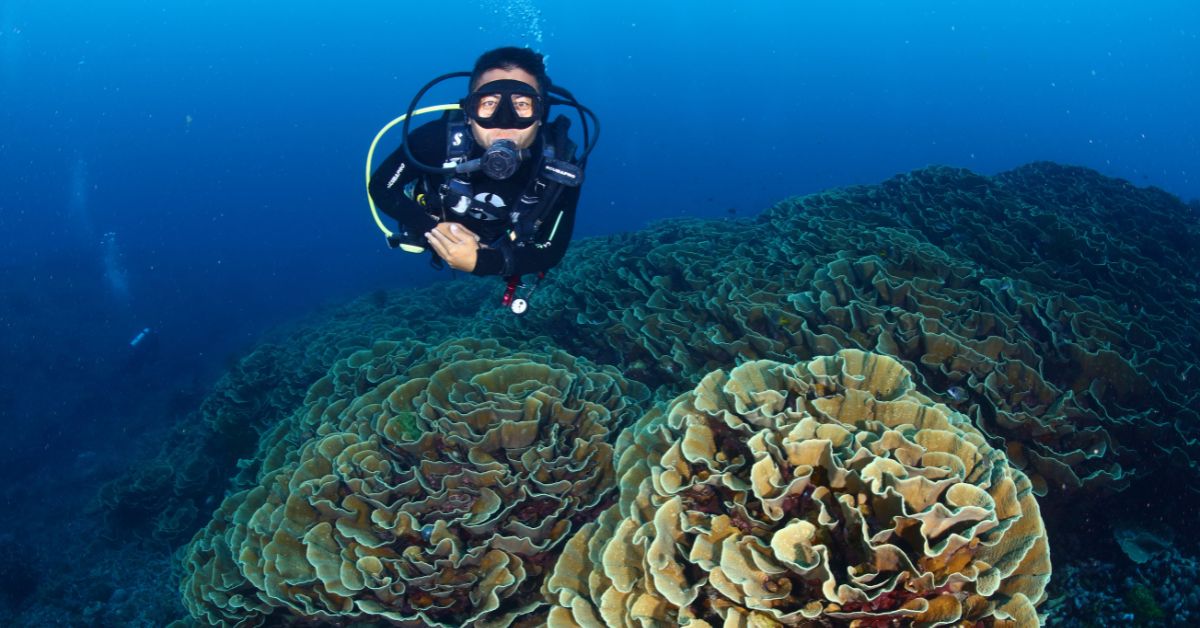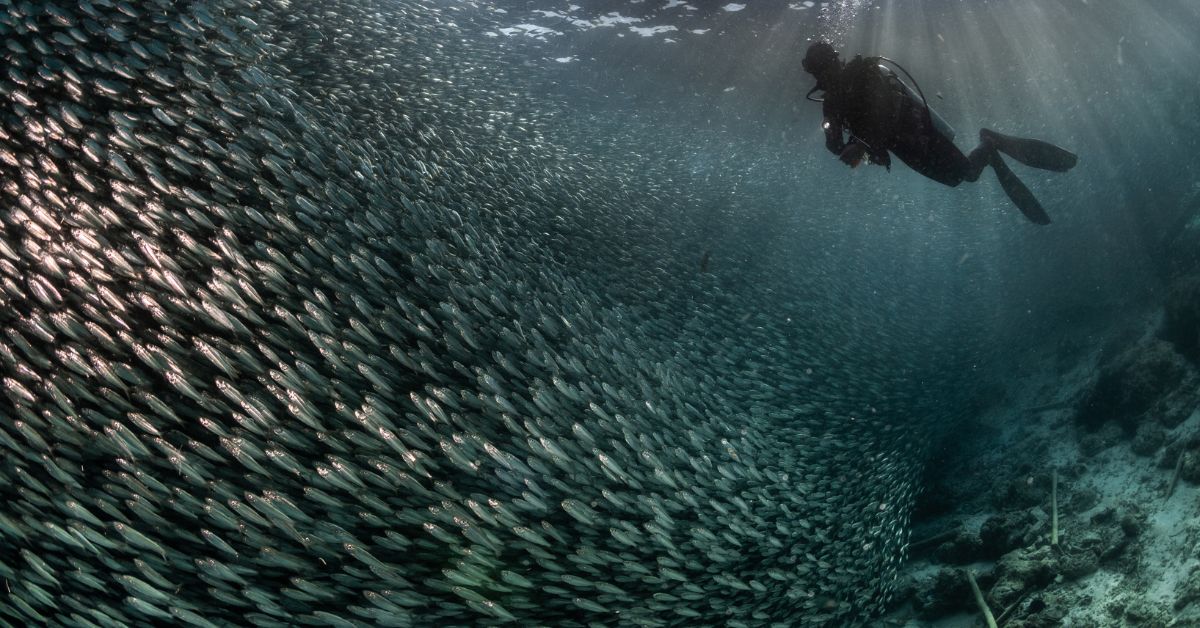Diving opens gateways to new worlds filled with vibrant coral forests, unique sea creatures, and historic shipwrecks. Scuba certifications give you the keys to those gateways, preparing you for your underwater adventures in myriad ways, from basic skill sets to safety and ocean preservation. Whether you dream of photographing vibrant coral reefs or observing marine life in its natural habitat, getting scuba certified is your first step. You can’t dive without being certified. Enjoy access to the breathtaking views and sites of the world under the sea by discovering everything you need to know about getting scuba certified.
The Value of Being Certified
Scuba certifications are credentials obtained through the successful completion of a scuba diver training course offered by a recognized organization. They guarantee that a diver is ready with foundational skills, knowledge, and confidence to explore the underwater world safely. On top of providing the diving basics, scuba certification broadens access to more advanced dives and specialty courses, enriching diving experiences and the understanding of marine environments. Gaining certification also transforms divers into conscientious ocean stewards, understanding the delicate balance of aquatic ecosystems and the importance of conservation efforts. The real value of being certified is the lifetime of adventures, learning opportunities, and ocean guardianship.
Choosing the Right Certification Agency
Choosing the right certification agency determines the quality and recognition of your scuba training experience. Different agencies have distinct focuses, teaching methodologies, and standards, which can significantly affect your learning curve and comfort level underwater. A reputable agency ensures comprehensive education covering theoretical knowledge, practical skills, and safety procedures essential for a safe and enjoyable scuba experience.
Read on to explore the most well-known diving certification agencies available to you.
PADI (Professional Association of Diving Instructors)
PADI stands out as the world’s leading scuba diver training organization, renowned for its comprehensive educational programs. They offer a variety of courses ranging from introductory experiences to professional-level certifications emphasizing safety, environmental awareness, and fun. PADI has established a global network of dive centers and resorts, making its certification one of the most recognized and respected in the scuba community worldwide.
NAUI (National Association of Underwater Instructors)
NAUI is a pioneer in the world of comprehensive diver training programs. It is distinguished for its commitment to individual diver proficiency and conservation. NAUI’s global presence and influential role in spearheading environmentally focused initiatives make it an esteemed choice for divers who value a deep understanding of the aquatic environment alongside their adventures.
SSI (Scuba Schools International)
SSI offers an innovative approach to scuba training and certification, emphasizing a personal connection and flexibility in learning. What sets SSI apart is its commitment to high-quality education facilitated through digital learning resources, allowing students to study at their own pace before putting their skills to the test in water. Their robust network of professional instructors and dive shops worldwide ensures that divers receive consistent, top-notch training wherever they choose to dive. SSI certifications provide divers with the confidence, competence, and ecological awareness necessary for unforgettable underwater experiences.
Certifications from well-recognized agencies such as PADI, NAUI, and SSI are widely accepted around the globe, providing you with more opportunities to explore various underwater worlds without limitations. This global recognition also means you can easily continue your education and earn advanced certifications with ease, irrespective of where your adventures take you.
Certification Prerequisites
Certification requisites ensure aspiring divers possess the baseline skills, knowledge, and health conditions to safely engage in scuba diving.
Age Requirements
Most agencies require participants to be at least 10 years old for junior certification, with adult certification typically starting at 15. Age requirements in scuba diving play a crucial role in safety and readiness. Regulations are based on understanding physiological and psychological factors. For younger divers, considerations include lung development, safety comprehension, and stress management underwater. Stipulated age limits ensure maturity and physical capability for effective scuba diving.
Swimming Skills
Before venturing into the underwater world through scuba diving, aspirants must meet essential swimming prerequisites that ensure safety and ease in the water. These skills are vital for certification and serve as a foundation for the development of more advanced scuba-related abilities. All major certification agencies require demonstration of basic swimming skills, which typically include:
- 200 Meter/Yard Continuous Swim: Evaluates the individual’s stamina and comfort in the water over a reasonable distance
- 10-Minute Float or Water Tread: Assesses buoyancy control, calmness, and endurance in water, qualities paramount for a diver’s safety underwater
Medical Fitness
Ensuring medical fitness is a critical step in the SCUBA certification process. The primary aim is to ascertain whether individuals have any medical conditions that could be aggravated by the underwater environment, increased pressure, and the need for physical exertion. Prospective divers must complete a comprehensive medical questionnaire designed to uncover conditions that could pose risks while diving, such as respiratory or heart problems, certain neurological conditions, and ear and sinus issues.
The Certification Journey
The scuba certification process generally involves these three main components.
Knowledge Development
The knowledge development phase establishes your theoretical foundation. Covered topics include:
- The physics and physiology of diving (how pressure and depth affect the body)
- The mechanics of breathing compressed air
- How to plan dives to avoid decompression sickness
Knowledge development also familiarizes you with various scuba equipment, environmental conservation practices, and critical safety procedures, including buddy checks and emergency protocols.
Confined Water Dives
Confined water dives transition theoretical knowledge into practical skills. You’ll get into a pool (or pool-like conditions) to learn basic scuba skills—mask clearing, buoyancy control, and emergency response procedure—under direct instructor supervision and a controlled environment. This hands-on training reinforces divers’ confidence and comfort with the equipment and ensures that each student can perform the necessary skills adeptly before advancing to open water dives.
Open Water Dives
The final part of your certification involves applying what you’ve learned in the open water, under conditions similar to what you’ll encounter while diving. Typically, open water dive training includes four dives over two days, where you’ll demonstrate your ability to apply and adapt your skills in the real world.
Once you complete and pass all training forms, you receive your official scuba certification card, symbolizing your ability to engage in scuba diving independently. This card serves as your passport to the underwater world, granting you access to scuba rental equipment, refill services, and the ability to join guided dives and scuba trips globally. It’s a testament to your dedication, skills, and the adventurous spirit that fuels your exploration of the vast, underwater realm.
Getting scuba certified is an exhilarating venture into a world few get to see. It requires commitment, but the rewards—experiencing unparalleled beauty, serenity, and the thrill of exploration—are beyond compare. With a scuba certification, you can indulge in Cenderawasih Bay liveaboard dive trips, experiencing one of the most beautiful, remote Indonesian underwater paradises. Such once-in-a-lifetime experiences are only available to certified divers. The right preparation, training, and respect for the marine environment allow you to take the plunge into the incredible world of scuba diving.
